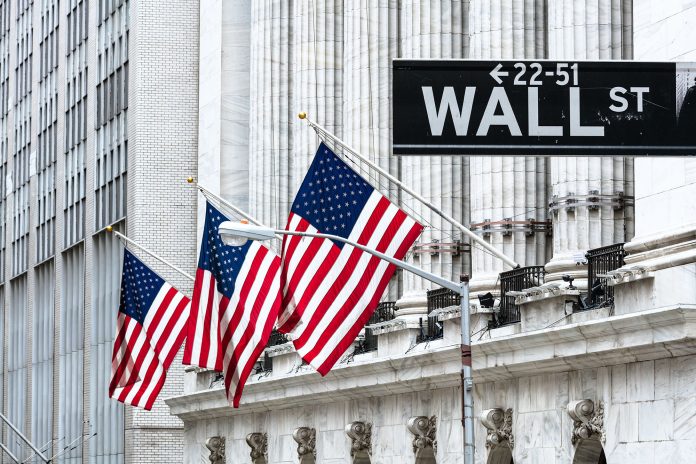Wall Street executives have expressed cautious optimism following Donald Trump’s re-election, anticipating a return to pro-business policies, deregulation, and a surge in corporate deals.
While many are welcoming the prospect of tax cuts, less stringent regulations, and a softer approach to antitrust enforcement, there is also apprehension about his unpredictable policies and the potential long-term economic consequences.
Trump’s return to power is expected to significantly ease the regulatory pressures that characterized the Biden administration, with business leaders anticipating tax cuts for corporations and the wealthy, a rollback of financial regulations, and a less restrictive stance on emerging sectors like cryptocurrencies.
According to Euan Rellie, co-founder of BDA Partners, Trump’s “pro-business” instincts and focus on tax cuts are likely to spur growth in the mergers and acquisitions (M&A) market.
A more lenient approach to antitrust issues could further fuel consolidation across various sectors, including media and banking.
For example, the media industry is expected to see a wave of consolidation over the next two years, while the banking sector could witness a reduction in the number of US banks, with projections suggesting that the current 4,700 banks could shrink to about 2,500.
Industry leaders like Greg Hertrich of Nomura predict that banking mergers could accelerate under a Trump administration, while shares of payments firms like Capital One and Discover Financial surged after his victory, with expectations of a more favorable environment for large-scale deals.
Financial analysts are particularly optimistic about the future for banks, with many expecting less stringent regulatory oversight, particularly around capital standards.
Raymond James analyst Ed Mills noted that the change in administration could stall the regulatory “super cycle” that has shaped the past few years, offering a more favorable outlook for banks in the near future.
The KBW Banks Index, which tracks large-cap banks, saw a significant rally following Trump’s re-election, although it experienced a slight pullback the following day.
However, not all are celebrating the shift in power. Some sectors, particularly renewable energy, are concerned about the rollback of policies that benefited green energy projects under Biden.
A lawyer working with renewable energy companies shared that many of his clients are seeking assurances from Republican politicians about the future of tax credits and incentives for clean energy projects.
There are also concerns about the rising national debt, with some estimates suggesting Trump’s policies could add $7.5 trillion to the deficit over the next decade.
Further uncertainty surrounds the potential tightening of visa programs, particularly the H-1B work visas for international staff.
A private equity investor in New York mentioned that many foreign workers are worried about their visa renewals under a Trump administration, recalling the suspension of many work visas during his first term.
As Trump prepares to take office again in January, he has made key staffing decisions, including the appointment of Susie Wiles as White House chief of staff.
Wiles, who was a key strategist in Trump’s recent election victory, will be the first woman to hold the role.
Her appointment signals a continuation of Trump’s campaign-focused leadership style as he prepares to return to the White House.
These developments have contributed to a volatile market environment, with US stocks experiencing a sharp rally following Trump’s win, and Bitcoin reaching an all-time high of $75,000 as investors reacted to his growing momentum.
While Wall Street is poised for potential gains, executives and investors remain wary of the long-term risks that Trump’s unpredictable policy shifts may bring.
As Trump finalizes his plans for governance, many on Wall Street are eager to see if he can strike a balance between pro-business policies and economic stability, with eyes on the ongoing impact of trade tariffs, tax cuts, and the national deficit.




